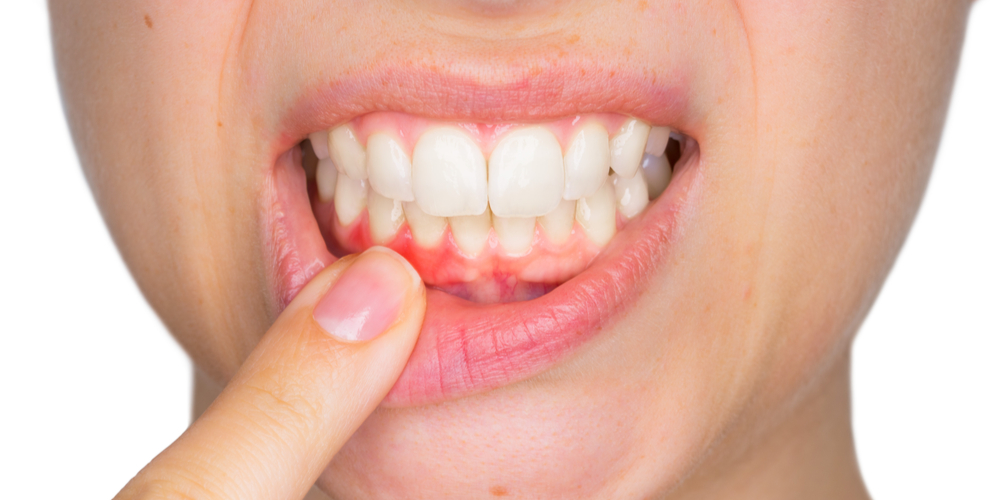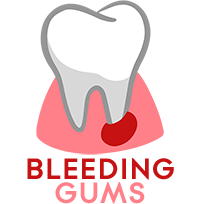
As much as seventy five per cent of the adult population in the United Kingdom currently suffers from gum disease in some form. This shows that gum disease need not be especially harmful but also demonstrates that many people need to take more care of their gums.
Gum disease is usually caused by an unchecked build up of plaque against the gum line which weakens the gums. Plaque naturally forms when you have eaten, especially after consuming foods which are particularly full of sugar and or starch. But you should be removing plaque by brushing your teeth and flossing.
If plaque is allowed to build up against the gum then gingivitis can ensue. Gingivitis is the most basic form of gum disease and reveals itself with redness in the gums. Gums ought to be a healthy pink colour but will noticeably redden if gingivitis takes hold. You might also experience greater sensitivity to hot or cold food and drink and even cold weather. Gingivitis makes the likelihood of your teeth bleeding when you brush increase.
It is easily treated by improving your home oral hygiene regiment. Your dentist can advise you on how better to brush and floss so as to maximise the chances of avoiding gum disease.
If you think you have gingivitis because of redness and even bleeding affecting your gums, you should report it immediately to your dentist so that it does not develop into periodontitis. This very serious condition is gum disease in its advanced stages. Your gums will be prone to bleeding at any time – not just while brushing “and will become extremely swollen and discoloured. Periodontitis results in the inflammation of the jawbone which houses your teeth and this can eventually lead to your teeth becoming loose and then falling out.
Gum disease needs to be taken seriously as it is actually a greater cause of tooth loss than tooth decay itself. If your gums are bleeding, becoming swollen or starting to redden and lose their natural pink colour then you should contact your dentist immediately. It might just be a matter of using a special mouthwash recommended by your dentist or changing the way you brush or floss but gum disease ought to be avoided so that you don’t have to go through the pain and indignity of tooth loss.
